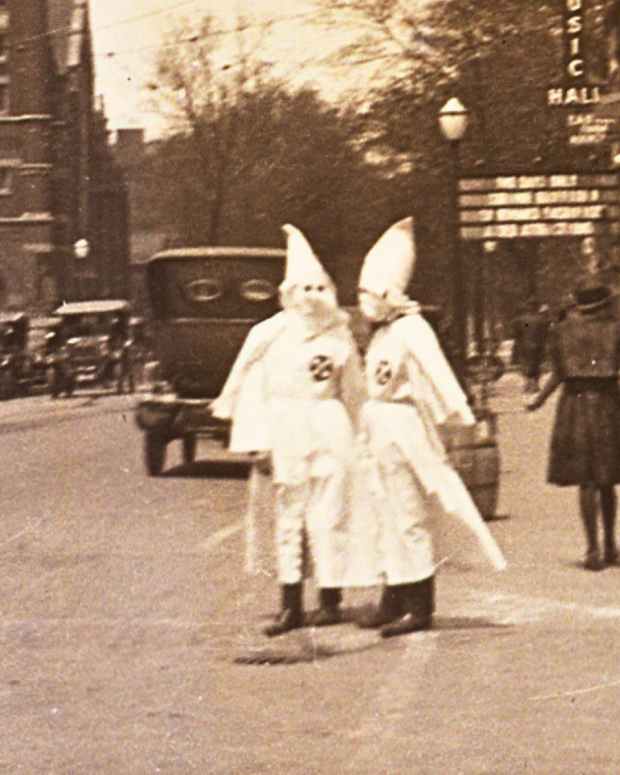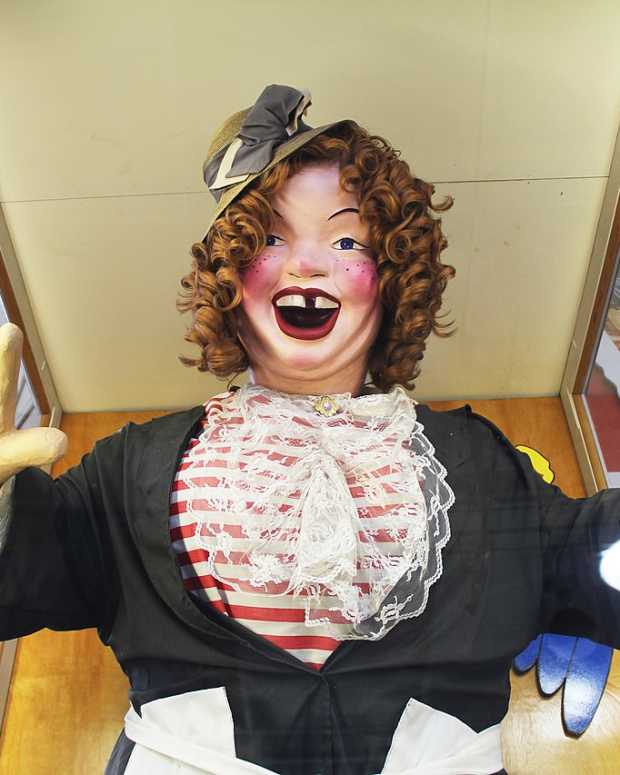Buying Property in Sri Lanka as a Foreigner
Few Ways to Buy Property as a Foreigner
Can foreigners buy property in Sri Lanka? The short answer is, Yes. However, there are quite a few options and various legal options that you need to explore before going about this.
With the laws around foreign ownership changing often it is always a good idea to check the latest laws regarding this. Listed below are some ways a foreigner can buy property in Sri Lanka.
- By creating a private company where the foreign ownership is 49% or less.
- As a part of a publicly listed company (ownership percentage does not matter)
- As a dual citizen
- Buy an apartment (No restrictions)
- Lease the property for less than 99 years
Although not exactly buying, other ways to get Sri Lankan property as a foreigner is through inheritance of gift from a parent.
Be heard, Share your opinion about foreign property owning
What Are the Actual Laws that Apply to Foreigners
The legislation around foreign ownership has changed frequently so its important to refer the current legislation. The following paragraph is based on
- The Land (Restrictions on Alienation) Act No. 38 of 2014
- The Land (Restrictions on Alienation) Act (Amendment) No. 3 of 2017
- The Land (Restrictions on Alienation) Act (Amendment) No. 21 of 2018
The first is the primary act while the other are amendments.
Summary of the Land (Restrictions on Alienation) Act No. 38 of 2014 pertaining to foreign ownership:
- Freehold: Any foreign national wishing to buy a freehold title can purchase shares up to a maximum of 49% in a local company that subsequently buys a property. Thereafter further transfer of shares within said company to a foreigner above 49% in total can only be made after a period of 20 years. In this instance a foreigner may use a local nominee for the purpose of holding the balance shares in the company.
A stamp duty of 4% is due on any purchase of property, however if the property is already the sole asset of a locally owned company and the company is transferred to the buyer then only a share transfer tax of 0.5% is payable. - Leasehold: A foreigner, or a local company where any foreign shareholding is 50% or more, may purchase a lease of up to 99 years. However this is subject to a 15% Land Lease Tax in addition to the 4% stamp duty.
An exception to this rule is if the purchaser is a local company with 50% or more foreign shareholding and has been in operation for 10 consecutive years or more. In such instance the Lease Land Tax is reduced to 7.5%. - Condominiums: A foreigner, or a local company where any foreign shareholding is 50% or more, may purchase a condominium apartment on the 4th floor or above without any restrictions, as specified in the Apartment Ownership Law.
The amendment in 2017 removed all the taxes for the leasehold option.
Pros and Cons of Various Buying Options as a Foreigner
| Option | Pros | Cons |
|---|---|---|
Lease the property | Easiest and most straightforward way to own a property. | It might be difficult to find someone willing to go for a long term lease. |
Create a private company | Can own the actual title with the correct company setup | Other fees like company formation fees, annual fees and legal fees. |
As part of publicly listed company | Have more authority to develop the property | Government oversight and shareholder concerns |
Dual Citizenship | Low legal barriers when purchasing a property | Documentation, nationality conflicts and dual citizenship fees. |
Buy an apartment | Low restrictions and legal barriers | Low number of choices. |
Looking for a Holiday Home in Sri Lanka?
Most of my friends from Sweden, UK and Australia are looking for holiday home and if you are also looking for one then leasing is probably the best option for you. You can setup the lease in a way that lets you sub lease it to another party. This way you can modify/modernize it and sub lease it to a villa management company and enjoy some extra income as well.
If you are looking for a more permanent solution like retiring in Sri Lanka then setting up a private company would be a better option. Although you initially own only 49% of the company you can set it up in a way so you have the authority. You also have the option of buying the rest of the shares after 20 years.
Comments
Anil Batepola on December 17, 2016:
a great country to live tranquil and calm come and try


















